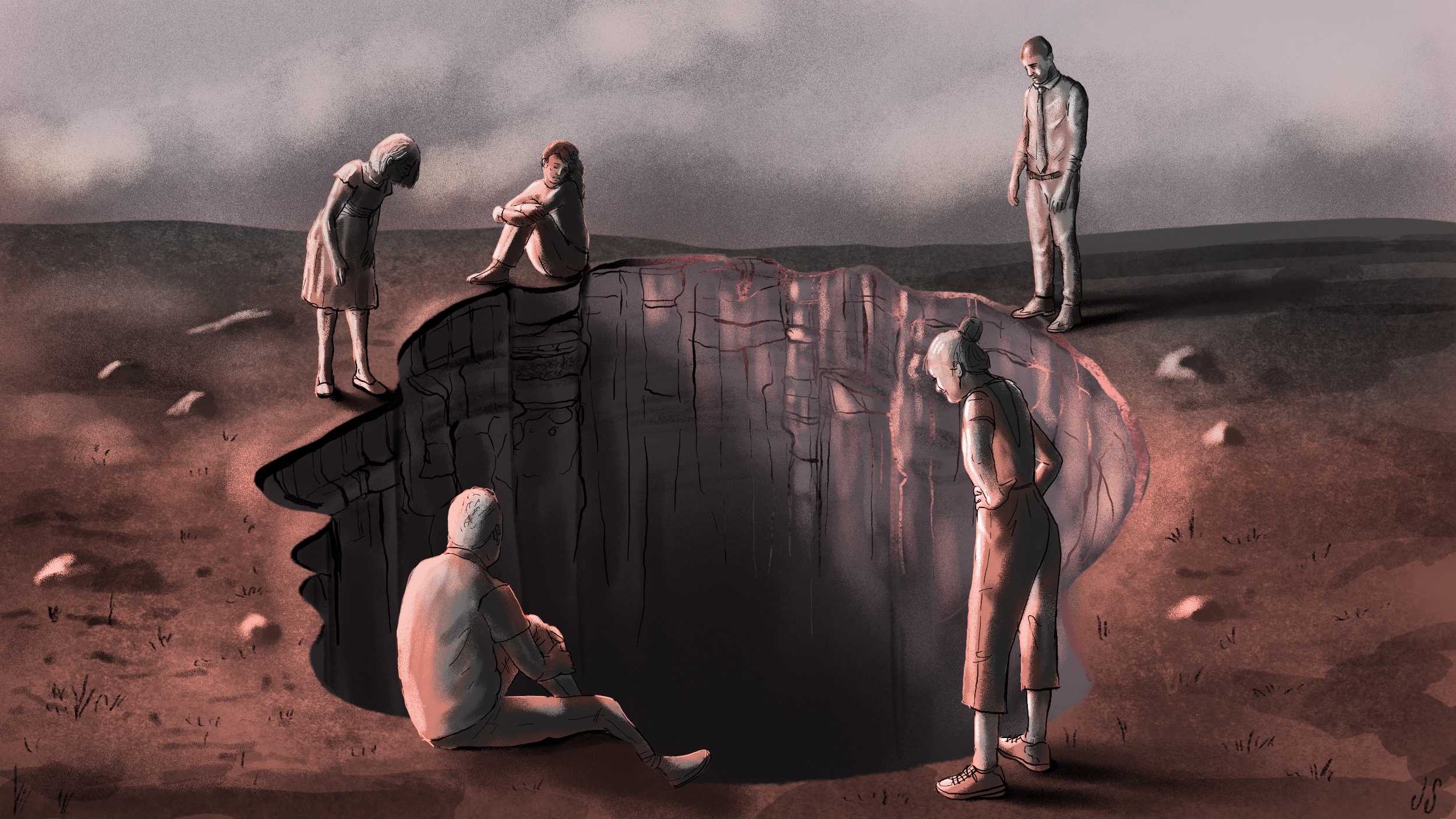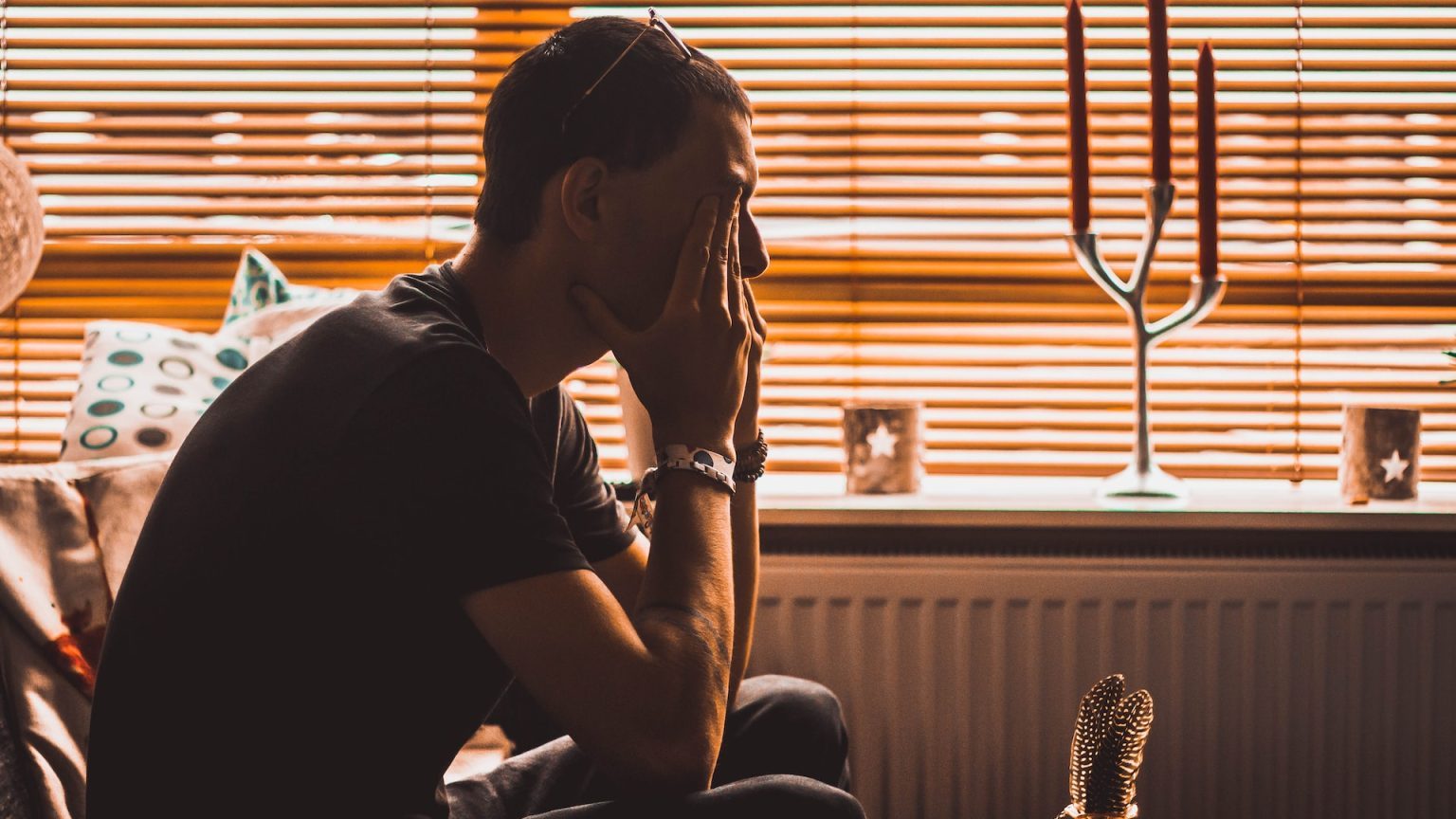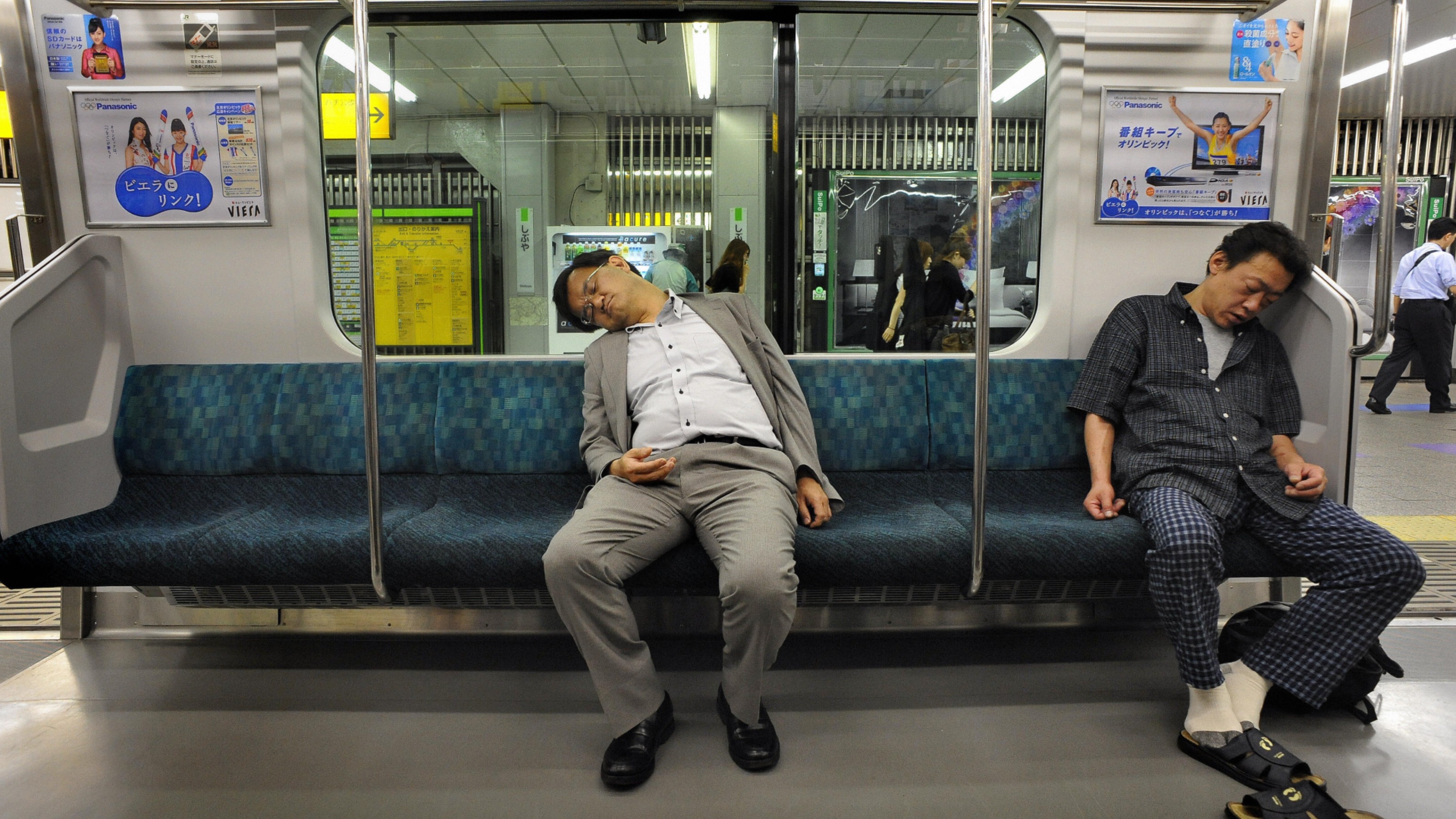Students create mental-health website for medical professionals battling COVID-19

(Photo by Cindy Ord/Getty Images)
- The website was created by two undergraduates at Tuft University.
- It offers a curated list of free and paid mental-health resources, as well as links to virtual therapy from mental-health professionals.
- Studies suggest that health care workers on the frontlines of the pandemic are more likely to experience anxiety, depression and symptoms of post-traumatic stress.
It’s been four months since the U.S. reported its first case of Covid-19. For many health care workers on the front lines of the virus, that time has been a blur of long hours, triage decisions, and a uniquely lonely type of suffering caused by a pandemic that demands social distance. Some medical experts warn that the wavering mental health of these workers is a crisis unto itself.
That’s why two undergraduates at Tuft University created Medical Mental Health, a website that connects health care workers with mental health resources.
“After scouring the web for a site that not only presented mental health resources in an organized manner but also was designed for those working in healthcare, we found nothing,” wrote the website creators Megha Tandon and Krishan Guzzo, both of whom are pursuing degrees related to health care.
“In light of the current COVID-19 crisis, we found it essential that such a resource be available, which led to the creation of this site. Though COVID might have been the catalyst that sparked this project, we plan to maintain it indefinitely.”

A curated list of online mental-health resources.
NYC Well
The website offers a curated list of online mental-health resources, including meditation apps, games that aim to alleviate depression, and sleep-aid programs. It also links to virtual therapy options with professional mental-health specialists. The overall goal, Tandon and Guzzo write, is to “ensure that your minds stay clear and your hearts stay happy.”
Covid-19 and the mental toll on health care workers
Shortly after the outbreak began, health care workers started showing signs of distress. A study published in March found that physicians and nurses battling Covid-19 in China reported high rates of depression, anxiety and insomnia — partly due to lack of personal protection equipment. In Italy, another study found that about half of frontline health care workers developed symptoms of post-traumatic stress disorder.
In the U.S., about half of all Americans say the pandemic is hurting their mental health, according to a Kaiser Family Foundation poll. The numbers are almost surely higher among health care workers. For example, research has found that health care professionals who worked in high-risk locations during the SARS epidemic were relatively likely to suffer post-traumatic stress symptoms, and other research suggests that medical professionals who have to undergo quarantine can experience similar symptoms even years later.
It’s still unclear how the pandemic will affect American health care workers. But the recent suicides of an emergency room doctor and an emergency medical technician in New York City highlight what could become a long-term mental health problem for thousands of medical professionals.
After all, as psychiatrist Wendy Drean notes in an article for Stat News, burnout was already rampant among clinicians even before the pandemic. Longer hours and heightened stress during the pandemic are surely aggravating the problem.
But it’s not just long hours and stressful work conditions that are harming mental health: there’s also moral injury. Moral injury is a term created by psychologists to describe how soldiers feel about their actions during war, and it occurs when a soldier feels he has perpetrated, failed to prevent, or witnessed “acts that transgress deeply held moral beliefs and expectations.” In the health care setting, a form of moral injury can occur when medical professionals are unable to provide high-quality care to patients, Dean and Simon G. Talbot, M.D., a reconstructive plastic surgeon, wrote in a 2018 piece for Stat News.
“Most physicians enter medicine following a calling rather than a career path. They go into the field with a desire to help people,” write Dean and Talbot, adding: “Failing to consistently meet patients’ needs has a profound impact on physician wellbeing — this is the crux of consequent moral injury.”
Whether it’s moral injury, burnout or the virus itself, it may take a while before health care workers can really begin to heal, as Roy Perlis, a psychiatrist at Massachusetts General Hospital, told Science Magazine. Real healing takes time, he said.
“Docs are not always very good at asking for help,” Perlis says. “We want them to ask.”





